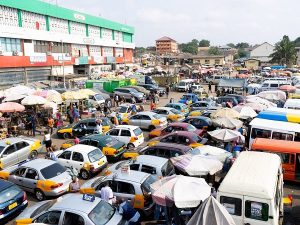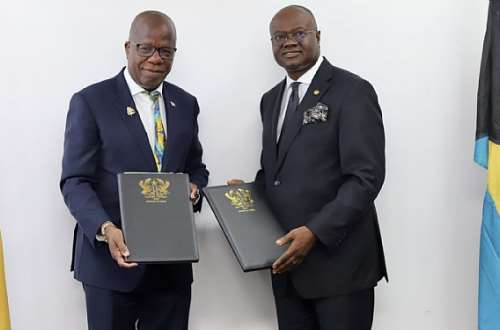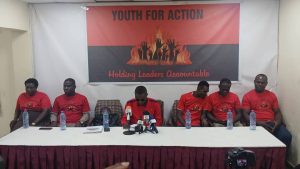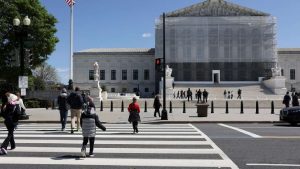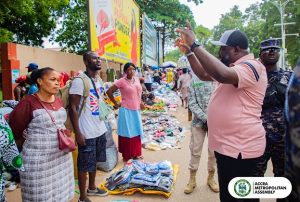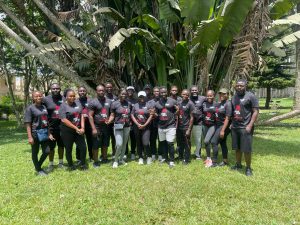A reciprocal visa waiver agreement between Ghana and the Bahamas has become effective, with the Ministry of Foreign Affairs and Regional Integration receiving a note from the Embassy of the Commonwealth of the Bahamas, notifying the Ghana Immigration Service of the agreement.
This agreement specifically applies to holders of Diplomatic, Service, and Ordinary Passports.
The agreement means that persons with ordinary Ghana passports who desire to visit the Bahamas can do so without applying for a visa.
The purpose of this agreement, as outlined in the note, is to address the challenges and inconveniences encountered by uninformed travellers between Ghana and the Bahamas. By waiving the visa requirement, both countries aim to facilitate smoother travel experiences for their citizens.
This agreement has prompted the Government of the Bahamas to inform relevant Ghanaian aviation authorities, airline companies, and services about the treaty.
It is expected that this Visa Waiver Agreement will foster stronger relations and enhance diplomatic ties between Ghana and the Bahamas. With this progressive step, individuals travelling for diplomatic or personal reasons will benefit from easier access between the two nations.
Travelers holding Diplomatic, Service, and Ordinary Passports are encouraged to familiarize themselves with the terms and conditions of the visa waiver to ensure a hassle-free journey.
This agreement further strengthens the cooperation between The Bahamas and Ghana, which share mutual interests based on a common history, culture and identity. Both states are pursuing policies that seek climate, tax, and reparatory justice as part of a reimagined global community based on interdependence and justice.
The Bahamas, officially known as the Commonwealth of the Bahamas, is a country within the Lucayan Archipelago of the West Indies in the Atlantic. It takes up 97% of the Lucayan Archipelago’s land area and is home to 88% of the archipelago’s population.
The people who populate the island country have a unique connection to Ghana, especially the Ahanta people of Ghana’s Western Region. According to history, the majority of the first slave ships that went from West Africa to the Bahamas were taken from the Ahanta area, specifically Princess Town, a small community in the Ahanta West Municipality. A good number of the slaves are believed to have been taken through Fort Groß Friedrichsburg. This group of slaves who went on to settle and populate the Bahamas included Jan Kwa, an Ahanta chief who is known to have stood fiercely against the slave trade. Jan Kwa is the person who started the Junkanoo festival, a celebration popular in the Caribbean and parts of America that is believed to have been a simulation of the Kundum festival of the Ahanta and Nzema people.
Last May, in the capital Nassau, the maiden Ghana-Bahamas Investment Summit took place under the auspices of the Ghana Investment Promotion Centre (GIPC). The event was part of the Diaspora Connect Roadshow—Caribbean, aimed at reconnecting with people of African descent in the Bahamas and the wider Caribbean. Additionally, the summit sought to showcase the economic and investment potential of both countries, fostering stronger and more prosperous economic bilateral relations between Ghana and the Bahamas in the spirit of South-South cooperation.
A Bahamas Trade Center has been opened at Ashale Botwe near Accra to facilitate business and trade between citizens of the two countries.
Last year, The Bahamas welcomed 18 Ghanaian nurses who are currently assisting in the island nation’s healthcare delivery efforts, filling gaps in specialty nurses that exist at the Princess Margaret Hospital in Nassau and the Rand Memorial Hospital in Freeport.
